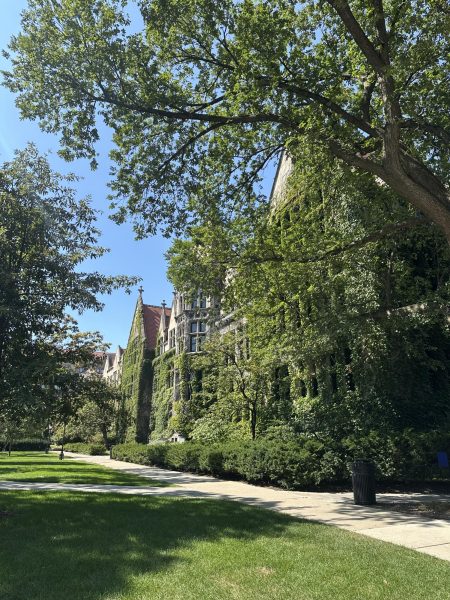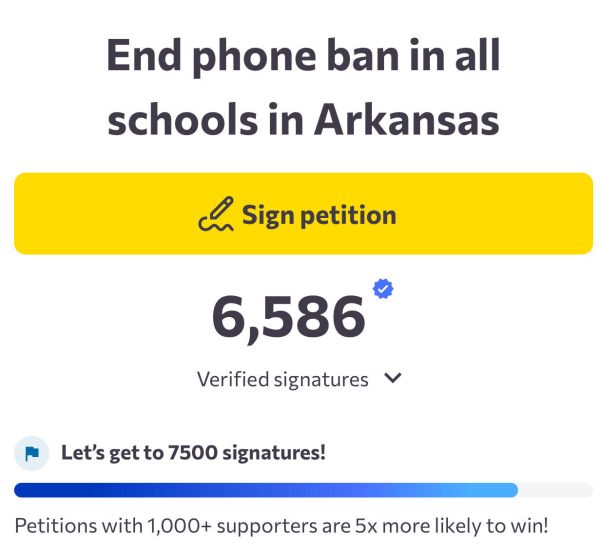At the Corner of Wellness and Legality
Healthcare changes after recent legislation
In June of 2022, Dobbs v. Jackson Women’s Health Center (or just Dobbs v. Jackson) went to the Supreme Court. The case revolved around a Mississippi law banning abortion after 15-weeks. Ultimately, the Supreme Court not only upheld the law, but overturned Roe v. Wade (the right to receive an abortion) and Planned Parenthood v. Casey (which restricted undue burdens to access abortion).
In the Court’s majority opinion, Justice Samuel Alito wrote: “We hold that Roe and Casey must be overruled. The Constitution makes no reference to abortion, and no such right is implicitly protected by any constitutional provision, including the one on which the defenders of Roe and Casey now chiefly rely—the Due Process Clause of the Fourteenth Amendment.”
Immediately after, Arkansas trigger laws went into effect, banning all abortion except for those necessary to save the life of the pregnant person. Further exceptions in the case of rape or incest were discussed, but there has been no action taken on these counts.
Shortly after, Arkansas lawmakers introduced and passed the Save Adolescents From Experimentation (SAFE) bill which restricted gender-affirmation care for transgender youth, and criminalized doctors who provide these treatments.
While Asa Hutchinson (the sitting governor at the time) did veto the bill, citing government overreach, he was overridden by the state legislature. However, the constitutionality of this law is being challenged and currently debated– currently no decision has been reached.
As the legality of various forms of healthcare changes, so too does the access of citizens. Planned Parenthoods in Arkansas had to pause abortion services directly following the overturning of Roe v. Wade.
In addition, VECTOR (Volition, Equity, Compassion, Tolerance, Outreach, and Resilience) Clinic in Fayetteville was no longer able to accept new patients after the anti-transgender healthcare bans were introduced locally, Dr. Stephanie Ho, VECTOR Clinic provider, said. This is troubling as VECTOR is one of few clinics in the area specifically catering to LGBT health– including gender affirming care.
While VECTOR does not provide abortions, Dr. Ho said many patients have discussed their fears about becoming pregnant after the Dobbs v. Jacksonville ruling, and more have requested referrals and prescriptions for birth control. Even before abortion was officially illegal, there were many ‘trap laws’, Dr. Ho said. These laws made it tricky for physicians to provide abortions and for those pregnant to access them.
Now, without federal protection, there are emerging areas in the U.S. where abortion is completely restricted. While the West Coast and northern East Coast, as well as Colorado, New Mexico and Illinois have moved to protect abortion rights, many southern states have almost completely restricted it.
This creates a barrier for pregnant people in the south to leave their state of residence to seek healthcare elsewhere. Further, Missouri has recently proposed legislation to make it illegal for pregnant people to leave the state to access abortion.
This block reveals disparities in health care.
The South lacks healthcare access, according to The Conversation.com. Charts published on the website show a lower life-expectancy in The South than in other regions, as well as a lower physician-to-residents ratio. Within Arkansas, there are roughly 18-26 physicians per 10,000 residents. Compare this to a state like Connecticut, which despite having less than 600,000 more people than Arkansas, has around 44-66 physicians per 10,000 residents according to the CDC.
These disparities can be broken down beyond region; class and race also play a part in determining the healthcare available to patients.
Communities of color are less likely to have insurance, and more likely to have higher rates of certain diseases and shorter life expectancies when compared to white communities. Additionally, a Pew Research survey of Black Americans showed that 56% of survey respondents had a bad experience with their healthcare provider, and 47% said health care centers gave lower priority to their needs.
Unintended pregnancy rates are higher amongst women of color and women of low socioeconomic status, according to the Guttmacher Institute.
There are similar barriers for those seeking gender-affirming services.
“The biggest barrier to healthcare reported by transgender individuals is lack of access due to lack of providers who are sufficiently knowledgeable on the topic,” the National Library of Medicine said.
Other barriers included financial challenges, socioeconomic discrimination, and problems within the healthcare system.
Dr. Ho said she hopes healthcare becomes more equitable in the future so everyone can access high-quality care. Healthcare, she said, should be a right, not a privilege. Everyone should be able to access the care they need.
“Everyone is the expert on their own body,” Dr. Ho said. “We can’t assume everyone’s needs are the same.”
To raise awareness about the changing health landscape, Dr. Ho said it’s important to have conversations about wellness.
By talking about it, stigma decreases and open discussions become the status quo. The more people talk, the more they understand about their own bodies and themselves.
“Bodily autonomy is a human right,” Dr. Ho said.
As tougher healthcare legislation is introduced, like Utah’s recent ban of gender-affirming care for minors, it’s important to look at who’s making the decisions.
As Dr. Ho said: “Is it about safety, or is it about control?






